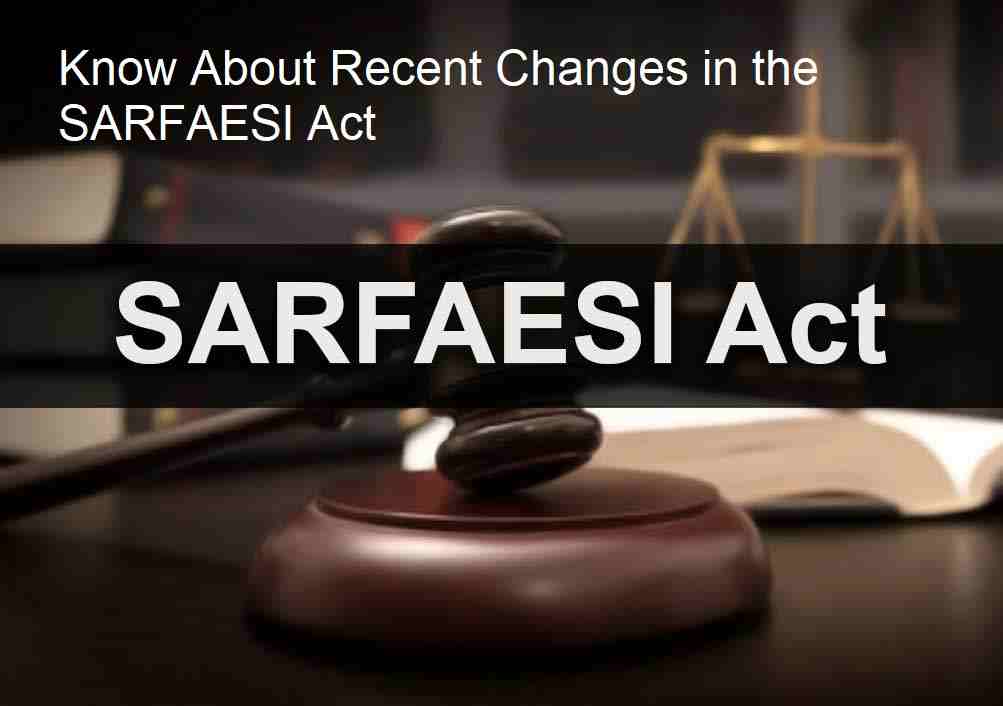POSTS
Sebi to Sell Properties of Rose Valley Gathering on May
Checklist of Property Documents
Avoiding Loan Default: A Practical Guide

Bank Auction Properties – Need to Know About Recent Changes in the SARFAESI Act
Registration Procedure For e-Auction on MSTC
What is STA in MSTC auction
MSTC auction Rules
What is the maximum and min limit of DRT under Sarfaesi Act?
Encumbrance Certificate Complete Details
What are the rules for auction?